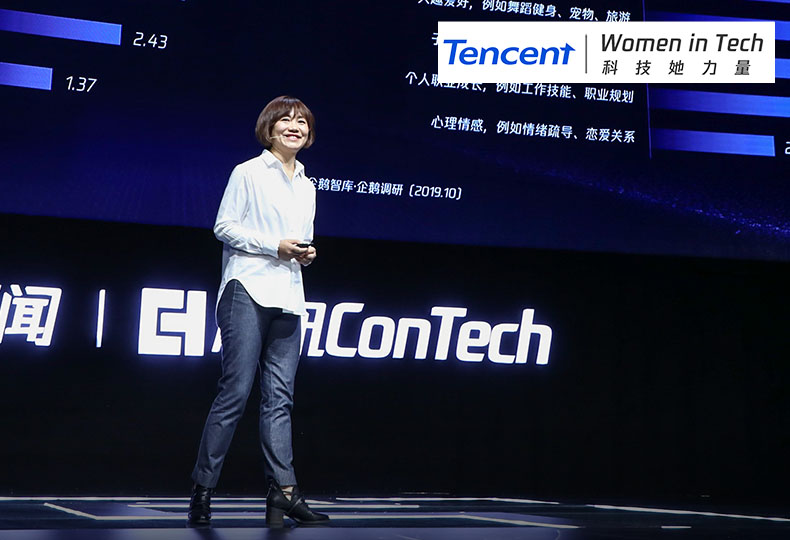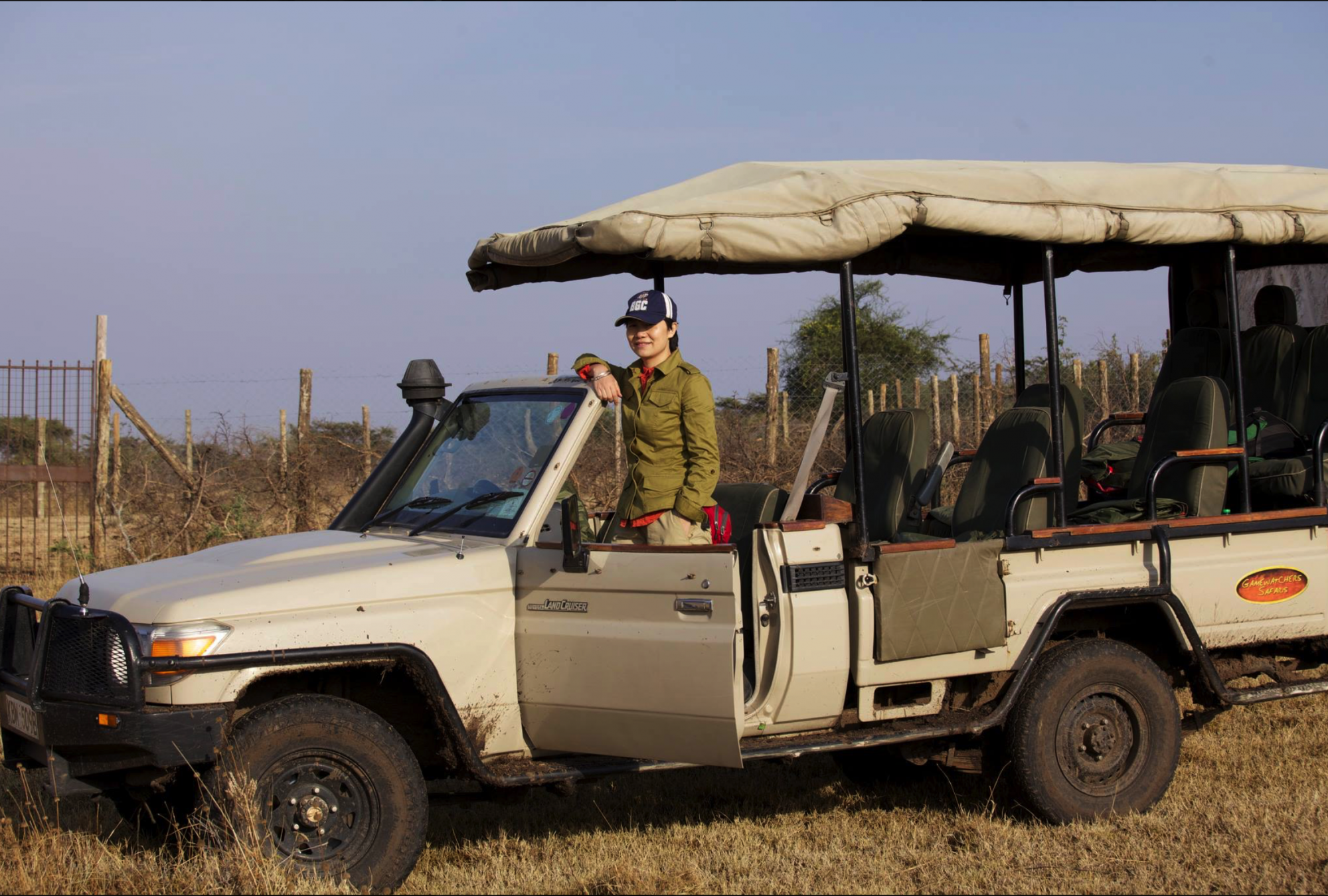Caitlyn CHEN, Tencent’s Vice President of media services, is about to start her 15th year at the company in June. She worked previously for Southern Weekly and South Reviews. She wrote an article about her golden days at Southern Weekly that was widely circulated in the media industry and included in her book Random Readings at Harvard. When asked about the difference between working in online media and print, she gave a simple but vivid answer: “Working in online media is like changing the engine of a plane while flying!”
We conducted a video interview with Caitlyn over Tencent Meeting. The outbreak of the COVID-19 pandemic had deprived her and her team of much-needed rest. “That is not a big deal,” she smiled. “Many colleagues have a lot more on their plate.”
Our interview started with how her team is coping with the pandemic.

Q: Tencent News has set a new benchmark for breaking stories in terms of speed, proximity and quality during the COVID-19 pandemic. How did you and your team pull this off?
A: We focus on reporting news and stories that cater to the demand for useful and accurate information during the pandemic. This is our social responsibility and reflects our “Tech For Good” mission to develop and operate products such as Fact Check, an open platform for verifying news, and a real-time map tracking the outbreak in our communities. We re-assembled our special report team, which had accumulated years of content curation experience, to feed their work into our proprietary AI system and distribute to our readers. In fact, challenges like these are good opportunities for us to reflect and find the right path to transform and upgrade our capabilities.
Q: You have worked in the Internet industry for 14 years, nearly double the amount of time you spent in the traditional media industry. What drove your decision to change your career path and join an internet company?
A: Having worked in one of the top-tier newspapers in China, I was wondering how I could take my work to the next level. I chose to join Tencent mainly due to curiosity. I always wanted to try and learn new things. When I started out as editor-in-chief, I was overwhelmed by the seemingly never-ending work-related instant messages. It took me a while to adapt to my new role, but I grew to love my work in online media.
My colleagues and I spent long hours looking for ways to increase the influence of Tencent News while applying our experience to the news portal business. We continuously strengthened our operational capabilities and content curation expertise, trained our reporting and editorial teams, and continually upgraded the user experience. These laid a strong foundation that helped us quickly transition to the new battleground in mobile media.
Q: Speaking of the transition to mobile media and online news, what did that process reveal to you?
A: In the internet industry there are always new challenges every one or two years. We often have to decide what we should and should not do. Fortunately, Tencent’s senior management team provides us with a fair amount of autonomy and, when needed, support from middle and high-level executives. Although we were not a first mover in mobile media, we achieved rapid user growth in a relatively short period of time. In parallel, we developed applications in certain verticals, such as sports and stocks. The era of mass media, which saw an exponential increase in user-generated content, drove the development of powerful technologies and algorithms to complement human judgment. That is why we increased our investments in these technologies over the past few years. We hope to provide a premium user experience when our readers consume content, while, at the same time, upgrading our business model. All in all, we are in a continuous state of being challenged and also challenging ourselves.
Q: You often tell your team they must “change the engine of a plane while flying”. This paints a vivid picture. Do you change the engines very often?
A: It depends how well the team – individually and collectively – adapts to change. When past experiences are no longer applicable, we need to look for new solutions. I often emphasize to the team that regardless of where you are in your career, you should give it your best shot. That way you have lived with no regrets.
Q: Journalism is an extremely demanding job. How do you maintain your work-life balance?
A: Frankly, it can be challenging at times. When my son was young, I insisted on accompanying him to school every day. We spent an hour together chatting all the way, which became very important for both of us. I also exercise regularly – as the saying goes, “sound body, sound mind.” I believe many professional women are juggling their roles from time to time. Whether you are able to enjoy life depends on your attitude and ability to switch roles.

Q: What activities help you get your mind off work?
A: To me, life should be fun. Happiness is found when it’s unplanned. My family loves going on outdoor excursions. On our annual family trips, we usually follow our instincts on the road, planning nothing more than a simple itinerary. When we traveled to Italy recently, a boat trip was cancelled due to high waves. So we spontaneously decided to drive to the south and were pleasantly surprised by the stunning scenery.
My son also loves painting. I used to think that he inherited this from me and hoped that he could realize my dream of becoming an artist. I discovered later that his talent was above and beyond mine in terms of creative imagination and freestyle! So now I have shifted my passion to photography. It is fun capturing the world through my lenses.
Q: What is the most important skill one must have for the future, or for colleagues embarking on a career in journalism?
A: I think eagerness to learn and an inquisitive mind are both crucial. Being proactive in your search for answers is also a driving force behind the creation of many new products and services. I am so looking forward to the internet applications that will be created by our next generation.





